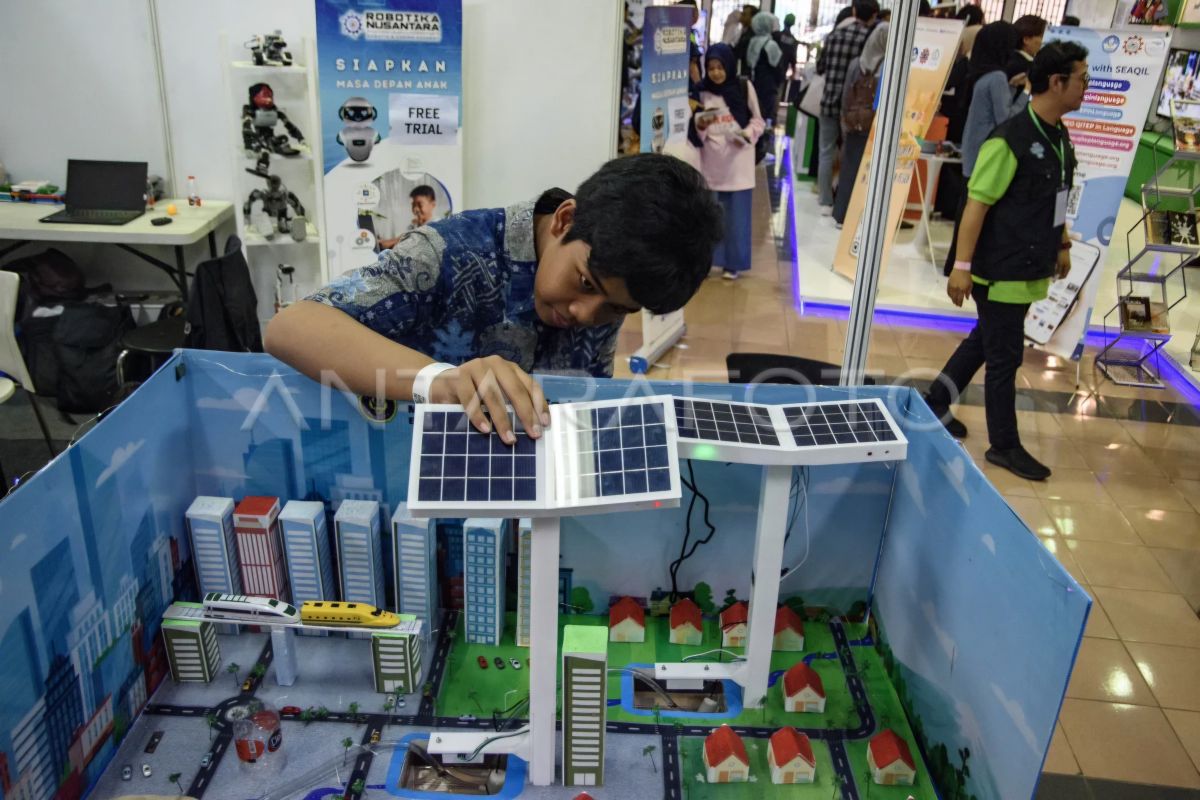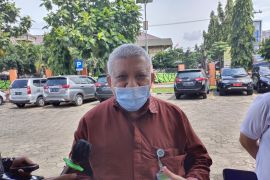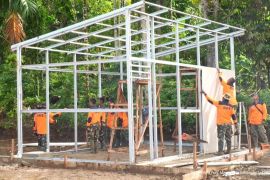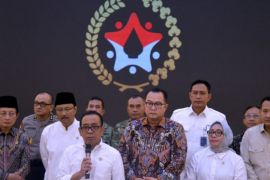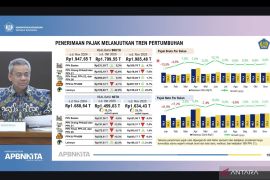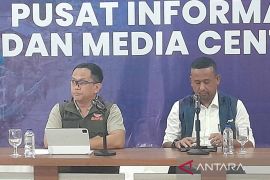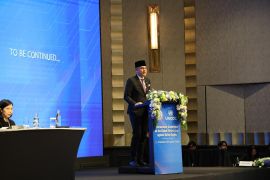Head of the ministry's Educational Standards, Curriculum, and Assessment Agency (BSKAP), Anindito Aditomo, said that the elimination of majors is aimed at making what students learn in schools more relevant to their study plans later.
"In the 2022 academic year, around fifty percent of educational units implemented the Merdeka Curriculum. In 2024, the implementation has reached 90 percent to 95 percent at elementary, junior high, and high school/vocational school levels," he informed.
In schools following the Merdeka Curriculum, students of Grade 11 and Grade 12 can choose subjects more freely, based on their interests, talents, abilities, study plans for higher education, and career aspirations.
For example, Aditomo explained, students who wish to study engineering in college can choose advanced mathematics and advanced physics as elective courses without having to take biology.
Meanwhile, students who wish to study medicine can choose biology and chemistry for their electives without having to take the advanced mathematics class.
That way, students can focus more on building relevant knowledge for their future study plans.
According to him, it is difficult for students to undergo in-depth preparation if they are still grouped into science, social science, and language majors.
Furthermore, the elimination of majors in high school would also end discrimination against students pursuing non-science majors, especially during the admission process at universities, he added.
With the Merdeka Curriculum, all high school and vocational school graduates can apply to their desired university study programs by taking exams, without being limited by their high school majors.
Related news: Govt to roll out Merdeka Curriculum in 3T areas in stages
Related news: Merdeka Curriculum to build climate awareness: ministry
Related news: Merdeka Curriculum implemented in 80% of schools: Education Ministry
Translator: Hana K, Kenzu
Editor: Azis Kurmala
Copyright © ANTARA 2024
